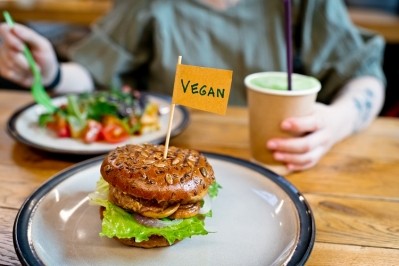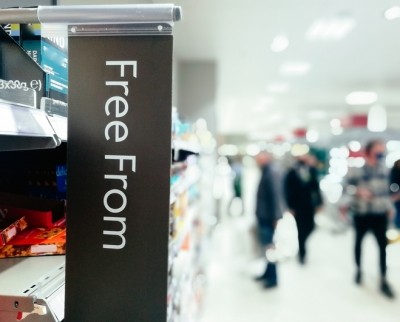'Vegan' labels don't always mean free from animal products
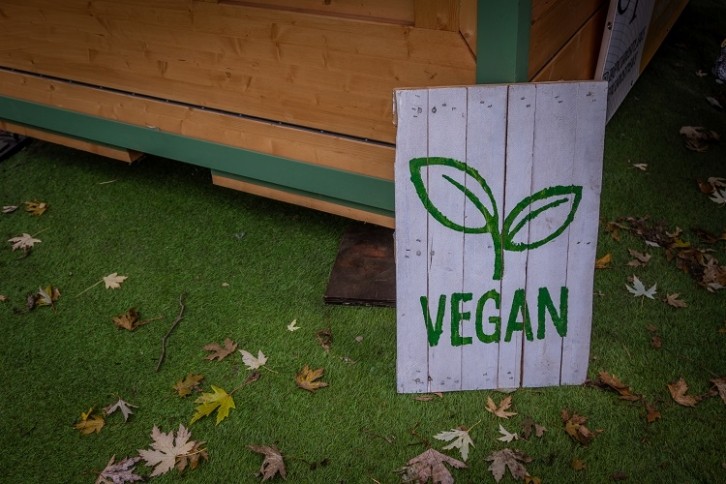
When one follows a vegetarian or vegan diet, they will often look for assurances that the product they are eating really is vegetarian or vegan: that is, that it contains no animal products, or at least no meat.
This is easier said than done. Despite the presence of on-pack 'vegan', 'plant-based' or 'vegetarian' claims, none of these terms are legally defined.
Furthermore, many products that we may not consider to be in need of vegan labelling, such as fruit, may contain traces of animal-derived products.
Should 'vegan' be legally defined?
“In my view they should be legally defined, and the allergens that may well be within these products, there needs to be some sort of trace limit of that product that's within the food product being sold,” said Conor Wileman, associate at law firm Browne Jacobson about the terms ‘vegan,’ ‘vegetarian’ and ‘plant-based’.
According to the Chartered Trading Standards Institute (CTSI), there is no legal threshold for the level of trace amounts of animal products that a ‘vegan’-labelled product can contain. Last year, an investigation by the Hampshire and Kent Scientific Services found that 39% of products labelled ‘vegan’ contain traces of egg or diary.
This lack of legal definition cannot only cause vegetarians and vegans to unintentionally consume trace elements of meat and animal products, but also cause people to consume allergens that they believe are not there. This can be life-threatening: Wileman used the example of the case of Celia Marsh, who died after consuming a wrap labelled ‘vegan’ that contained trace amounts of milk.
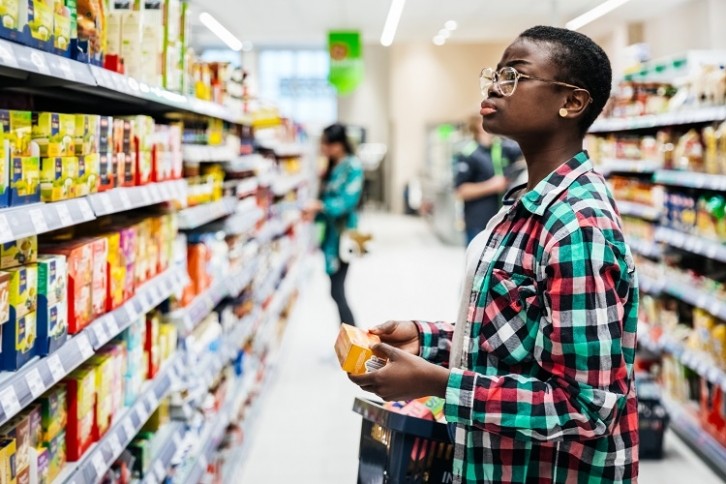
“My solution would be to have a limit on trace amounts of certain allergens within the product being sold, and then all companies would be able to adhere to that standard. Then, all people who are affected by allergens would be able to understand when something is said to be vegan, what that actually means, rather than at the moment when there is a little bit of an inconsistency with that approach, and with term 'plant-based' as well,” Wileman told us.
There is also currently no legal definition of 'vegan' in the EU.
Manufacturers of ‘plant-based’, ‘vegetarian’ and ‘vegan’ products have a role to play before such regulation comes into place.
“The most important rule for plant-based food manufacturers is that the name, description and overall presentation of the food should not be misleading to the end consumer,” Wileman told us.
“Manufacturers found to have misled consumers may receive an improvement notice to change or revise the name or description of the product which could have costly consequences and cause reputational damage. Breaching an improvement notice is a criminal offence which carries an unlimited fine.”
Animal-based ingredients in vegan’s clothing
It isn’t just allergens, such as milk, that often appears in products labelled ‘vegan.’ According to Brigid McKevith, head of regulatory at the consultancy Ashbury, a range of non-vegan ingredients are found across vegan foods.
Non-vegan ingredients such as this include:
- Cochineal - a red food colouring which is derived from bugs and is occasionally put in cakes and jellies
- Isinglass - a form of gelatine derived from fish swim bladders, used in the production of beers and wines
- Shellac - a resin secreted by the Lac insect which is occasionally used as a glazing agent on confectionary items and on citrus fruits to reduce moisture loss, and is sometimes listed as E904
- Albumin – a protein (and allergen) found in egg whites that can be used as a binder and finishing agent for red wine and cider
- Vitamin D3 - is found in animal products
This could be problematic when products that consumers assume are completely free-from animal-based ingredients are not. For example, an orange could be coated with shellac, which is derived from an insect (see boxout) for freshness.
“There is no requirement to label products as ‘not suitable for vegans’. Some products like the orange . . . may include a ‘not suitable for vegans’ label. Perhaps the challenge is that it’s a matter of branding rather than safety. There may be some inconsistency across two versions of the same products purchased in different stores, as such, consumers following a vegan lifestyle/diet probably need to be more discerning,” McKevith told FoodNavigator.
The lack of such requirements mean that vegan consumers are forced to do more work in finding products that are suitable for them. “People following a strict vegan diet and those avoiding animal products for religious reasons might need to look more closely than other people at the labels of the products they buy, specifically the ingredient list, and familiarise themselves with some of the less known ingredients which are derived from animals.
“To follow a 100% vegan diet will require a more nuanced understanding of foods and drinks and may challenge consumers’ assumptions.”
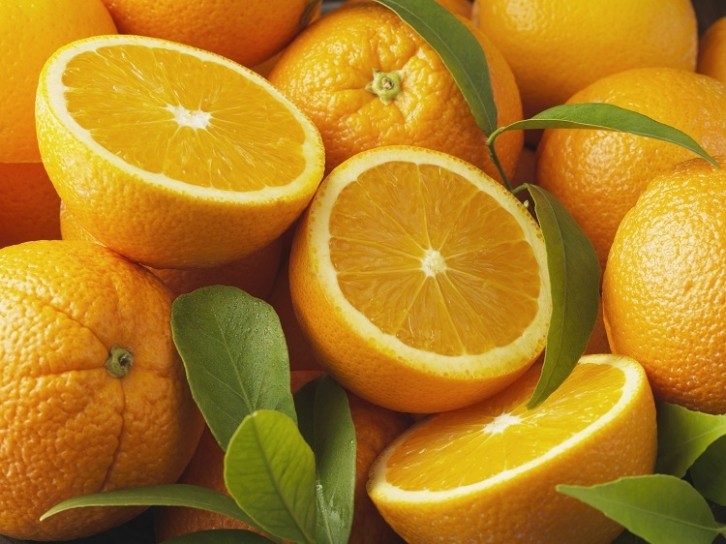
While the term ‘vegan’ is not regulatorily defined, McKevith said, she suggested it isn’t a ‘top priority’ for regulators to address, as food manufacturers and retailers ‘already work with the same definition’ of vegan, often alongside third-party endorsement from organisations such as The Vegan Society.
The Vegan Society defines veganism as “a philosophy and way of living which seeks to exclude—as far as is possible and practicable—all forms of exploitation of, and cruelty to, animals”. On its website, the Vegan Society points out that it “does not claim that products registered with the Vegan Trademark are suitable for people with allergies to animal products,” and requires for products with its label that “that cross-contamination is minimised as far as possible.”
Where the problem comes in is consumer confusion, McKevith suggested. “One element contributing to this confusion is the potential presence of dairy and milk indicated with ‘may contain’ statements on vegan product labels. For most, ‘vegan’ does tend to mean free from animal-related ingredients, so consumer confusion seems valid - perhaps regulation could play a role in preventing this confusion.”
“Ultimately,” she concluded, “veganism is a lifestyle choice, not a safety matter. As with all labelling, businesses choosing to market their products as vegan must do so in good faith to comply with the general rules of food labelling.”

